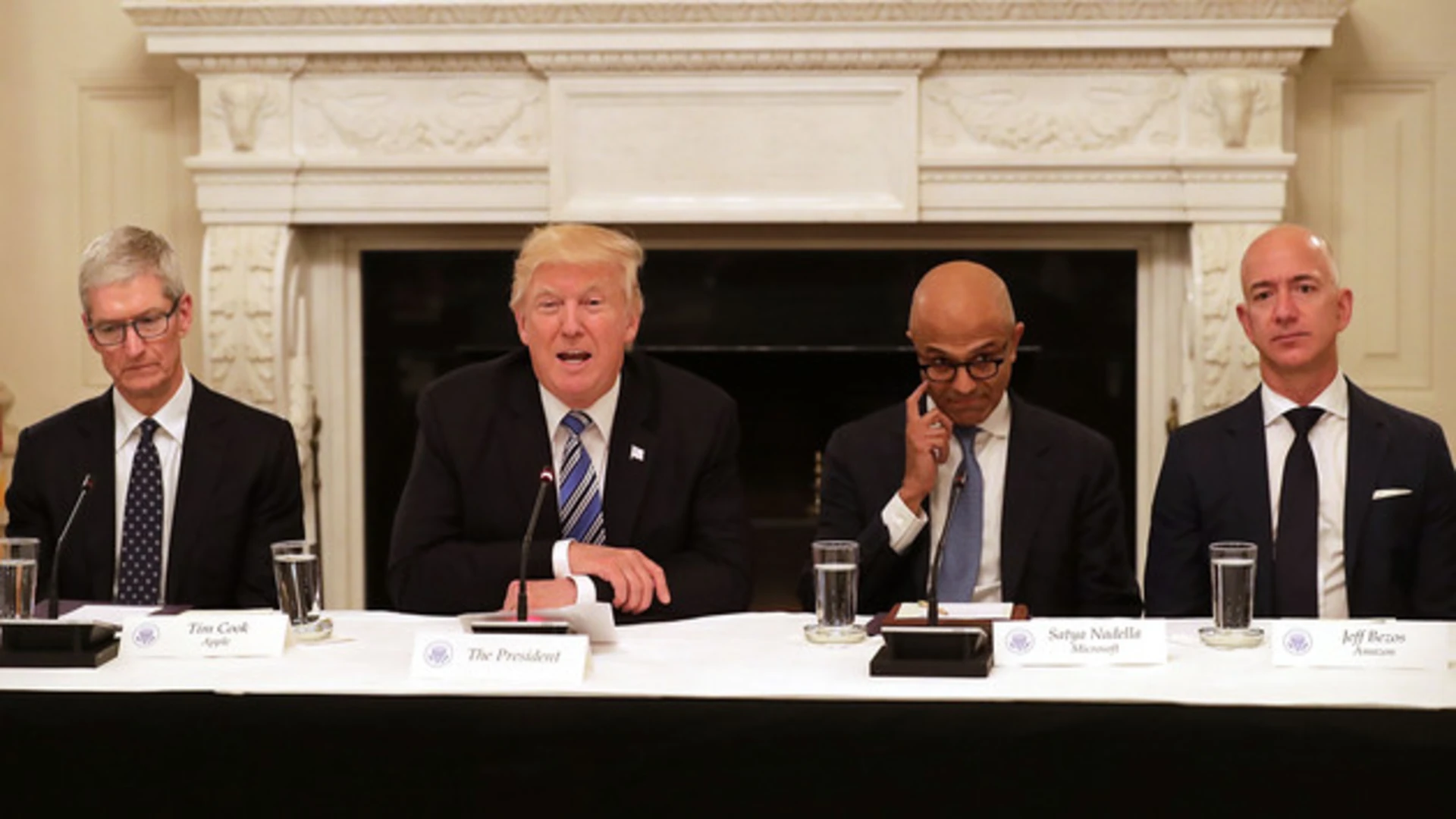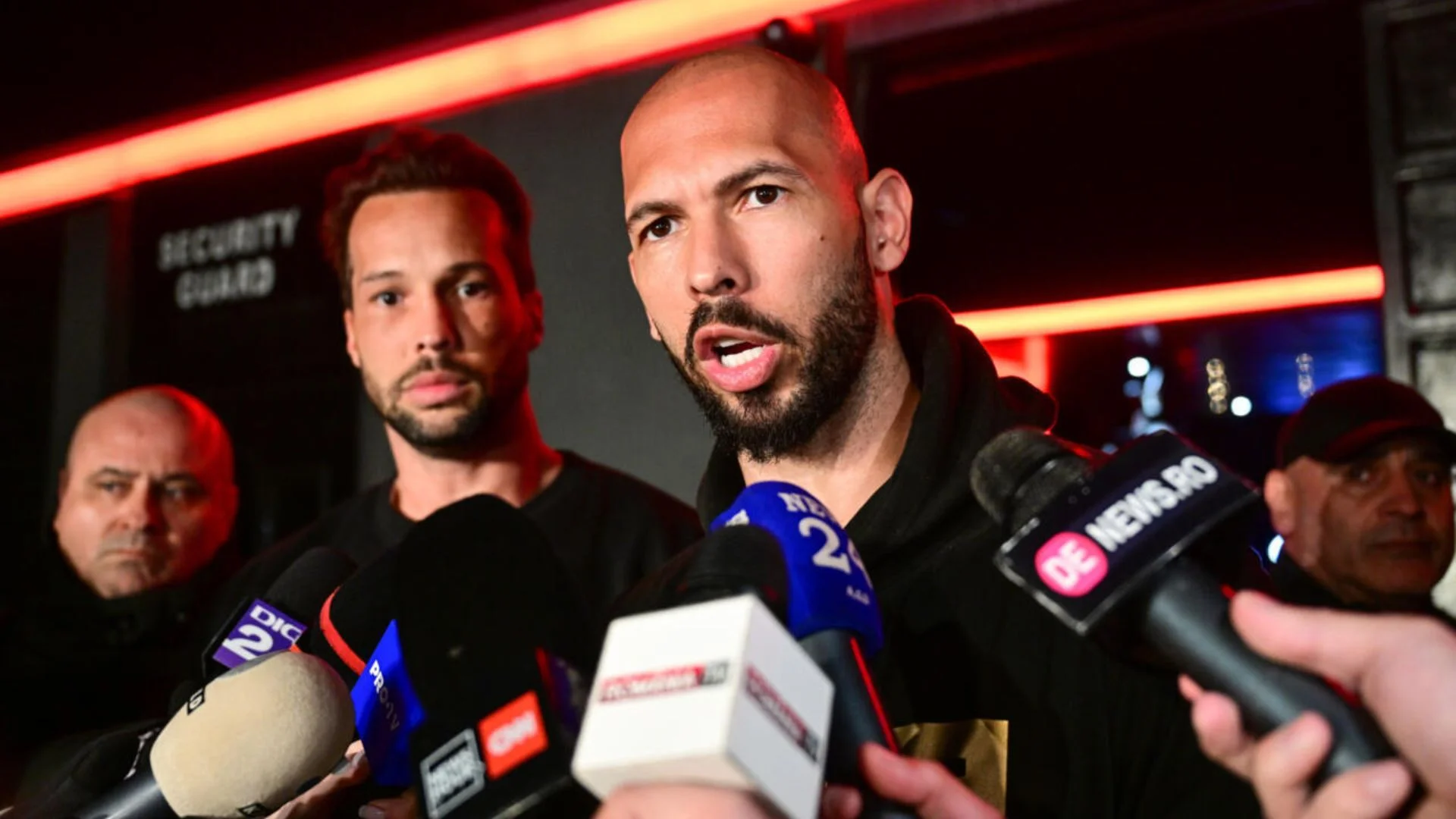In the wake of President Donald Trump’s return to the White House, corporate executives are actively engaging with his administration to secure favorable policies and strengthen their business interests. This strategic outreach reflects a shift from previous tensions to a more collaborative approach.
Financial Contributions and Engagements
Major tech leaders, including Jeff Bezos, Mark Zuckerberg, and Sam Altman, have each committed $1 million to Trump’s inauguration fund. Additionally, Sergey Brin, Sundar Pichai, and executives from companies like TikTok and Netflix have dined with Trump at Mar-a-Lago, signaling a warming of relations.
Policy Alignment and Economic Optimism
CEOs are expressing optimism about the economic policies anticipated under Trump’s leadership. A survey by Teneo revealed that 77% of over 300 CEOs expect global economic improvement in the first half of the upcoming year, attributing this optimism to expectations of lower corporate taxes and reduced regulation.
Strategic Investments and Commitments
In a move to align with the administration’s focus on job creation, SoftBank CEO Masayoshi Son announced a $100 billion investment plan to create 100,000 jobs in the U.S. This initiative underscores SoftBank’s commitment to supporting U.S. economic growth and technological advancement.
Also read: Sri Lanka’s Balanced Approach Towards China Very Costly To Indian Economy
Navigating Trade Policies
While many CEOs are optimistic about potential tax cuts and deregulation, some express concerns over Trump’s protectionist trade policies, including threats of imposing tariffs on imports from Canada and Mexico. This uncertainty prompts companies to engage proactively with the administration to influence trade policies that could impact their operations.
Advisory Roles and Policy Influence
Executives like Jamie Dimon and Mary Barra have been appointed to advisory roles, such as the President’s Strategic and Policy Forum, to provide input on economic policies. These positions allow business leaders to directly influence policy decisions that affect their industries.
Corporate executives are adopting a multifaceted approach to engage with President Trump’s administration, combining financial support, strategic investments, and direct policy influence to align with the administration’s economic agenda. This proactive engagement reflects a pragmatic recognition of the administration’s impact on business operations and a concerted effort to shape policies that favor corporate interests.























